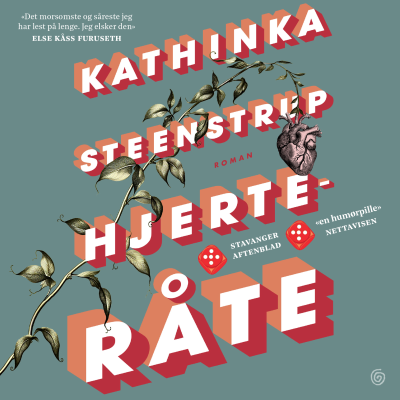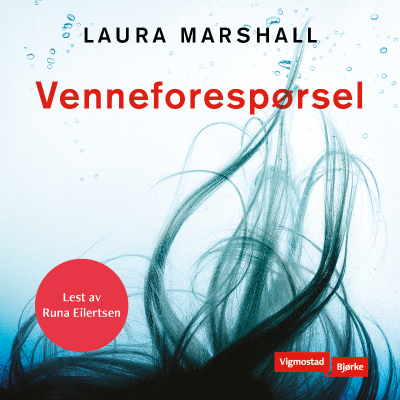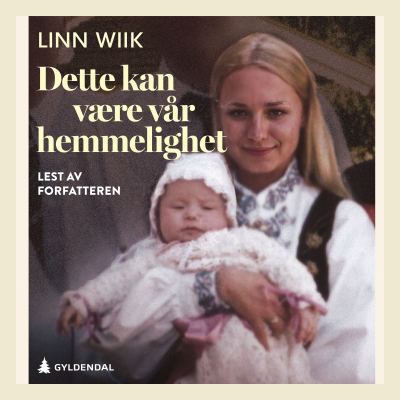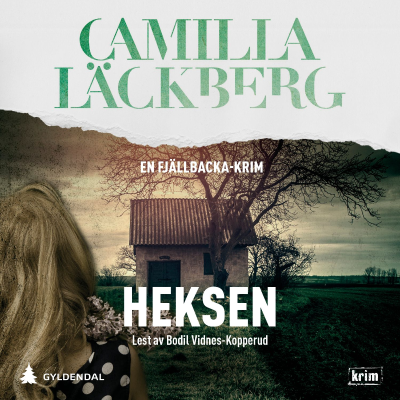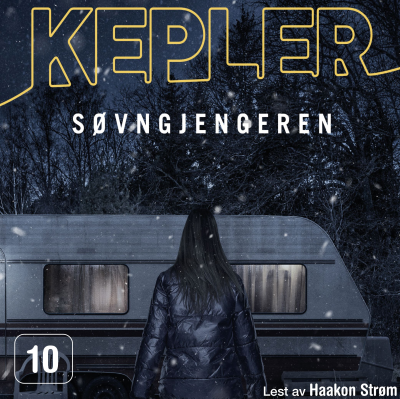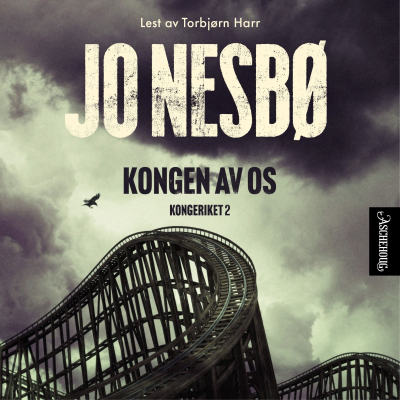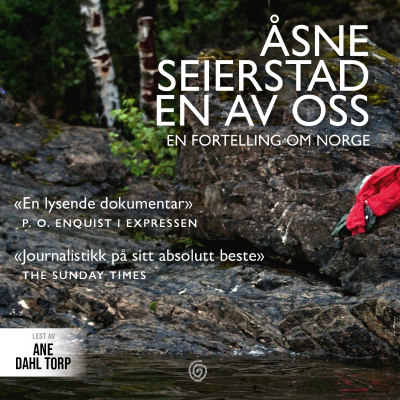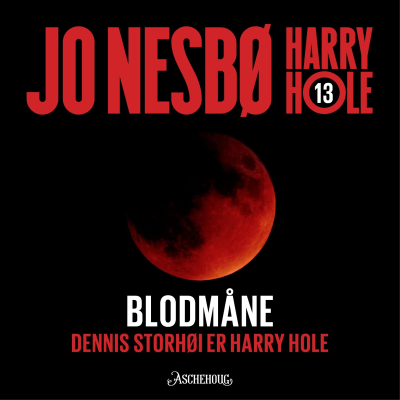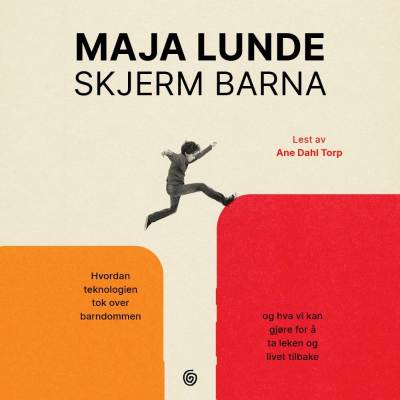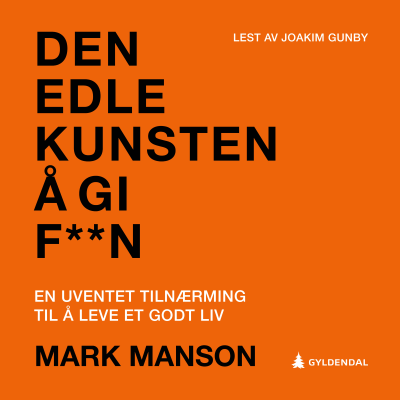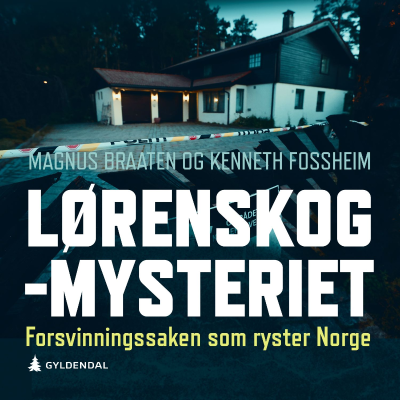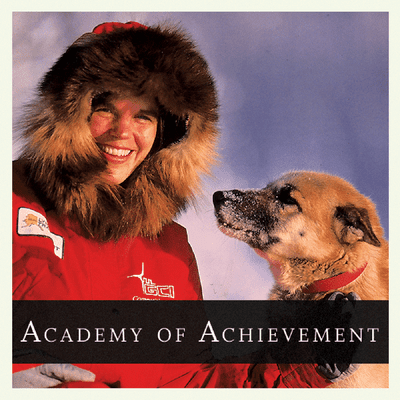
Susan Butcher
engelsk
Prøv gratis i 14 dager
99 kr / Måned etter prøveperioden.Avslutt når som helst.
- 20 timer lydbøker i måneden
- Eksklusive podkaster
- Gratis podkaster
Les mer Susan Butcher
Susan Howlet Butcher was an animal lover, a business woman, a wife and a mother. She was also called "the best competitive dog sled racer in the universe." Before her, there were many women who competed in sports, but not many who entered the race called the Iditarod, one that took her 1,152 miles across the Alaskan wilderness, enduring 100 m.p.h. winds, arctic blizzards, snow blindness, wild animals, thin ice, sleep deprivation, avalanches, and every other hardship nature can inflict in the land of the midnight sun. Butcher won this race four times in five years, so often that "Iditarod," as well as the sport of mushing, became synonymous with her name. Born in Boston, Massachusetts, her love of the wilderness and animals drew her to Alaska when she was 20 years old. Starting out with only two dogs, doing odd jobs during the summer months in order to live through the long winters, she eventually rose to become the most famous dog musher in the world. She also became an outspoken advocate for wildlife and the environment, and educated the public about the proper care of animals. Butcher lived with her husband, fellow dogsled racer David Monson, in the remote area of Eureka, where they raised two daughters and a pack of wonderful sled dogs. For many years after her retirement from competition, Susan Butcher owned and operated Trailbreaker Kennels in Eureka. In 2006, she died of leukemia at the age of 51. In the years following her death, the State of Alaska honored her in a number of ways. In 2008, the state legislature established Susan Butcher Day, to be observed on the first Saturday of March each year. Later that year, the University of Alaska at Fairbanks announced the creation of the Susan Butcher Institute, to develop public service and leadership skills among young Alaskans.
Alle episoder
1 EpisoderSusan Butcher
Susan Howlet Butcher was an animal lover, a business woman, a wife and a mother. She was also called "the best competitive dog sled racer in the universe." Before her, there were many women who competed in sports, but not many who entered the race called the Iditarod, one that took her 1,152 miles across the Alaskan wilderness, enduring 100 m.p.h. winds, arctic blizzards, snow blindness, wild animals, thin ice, sleep deprivation, avalanches, and every other hardship nature can inflict in the land of the midnight sun. Butcher won this race four times in five years, so often that "Iditarod," as well as the sport of mushing, became synonymous with her name. Born in Boston, Massachusetts, her love of the wilderness and animals drew her to Alaska when she was 20 years old. Starting out with only two dogs, doing odd jobs during the summer months in order to live through the long winters, she eventually rose to become the most famous dog musher in the world. She also became an outspoken advocate for wildlife and the environment, and educated the public about the proper care of animals. Butcher lived with her husband, fellow dogsled racer David Monson, in the remote area of Eureka, where they raised two daughters and a pack of wonderful sled dogs. For many years after her retirement from competition, Susan Butcher owned and operated Trailbreaker Kennels in Eureka. In 2006, she died of leukemia at the age of 51. In the years following her death, the State of Alaska honored her in a number of ways. In 2008, the state legislature established Susan Butcher Day, to be observed on the first Saturday of March each year. Later that year, the University of Alaska at Fairbanks announced the creation of the Susan Butcher Institute, to develop public service and leadership skills among young Alaskans.
Velg abonnementet ditt
Premium
20 timer lydbøker
Eksklusive podkaster
Gratis podkaster
Avslutt når som helst
Prøv gratis i 14 dager
Deretter 99 kr / måned
Premium Plus
100 timer lydbøker
Eksklusive podkaster
Gratis podkaster
Avslutt når som helst
Prøv gratis i 14 dager
Deretter 169 kr / måned
Prøv gratis i 14 dager. 99 kr / Måned etter prøveperioden. Avslutt når som helst.
















